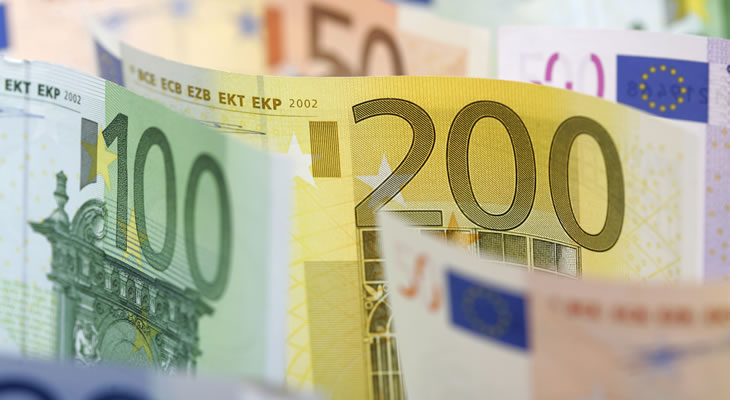Markets breathed a sigh of relief after the decisive election of centrist Emmanuel Macon as France’s next president, allowing the Euro to make fresh gains against the Pound.
However, that initial bullishness soon faded thanks to the fact that a Macron victory had already been largely priced into EUR exchange rates.
Relief over the election of pro-EU Macron is likely to fade further as focus turns towards June’s parliamentary elections.
As researchers at Danske Bank noted:
‘The National Assembly is the main legislative body, as it takes prominence over the Senate in law making, and has the power to take down the government in a no-confidence vote. How much of his policy proposals Emmanuel Macron can actually implement will therefore depend on how many seats his movement En Marche! (EM) can secure in the election.’
If worries mount that Macron will not be able to deliver on his economic promises then the Pound Euro exchange rate could regain further ground in the weeks ahead.
More positive Eurozone data could offer support to the single currency, however, with forecasts pointing towards a widening of March’s German trade surplus.
Commentary from European Central Bank (ECB) President Mario Draghi will also be in focus, although he is likely to maintain a somewhat dovish outlook on monetary policy.
So long as the odds of the ECB returning to a tightening bias still seem limited the mood towards the Euro is likely to remain muted.
Following the strong gains made by the Conservatives in last week’s local elections Theresa May looks on track to secure a larger parliamentary majority in June, meanwhile.
However, with the Brexit rhetoric on both sides of the Channel having hardened markets are becoming increasingly jittery over the prospect of a Tory landslide.
If the chances of negotiations ending without a fresh trade deal in place seem to rise then the mood towards the Pound is likely to sour.
The GBP EUR exchange rate looks set to come under renewed pressure ahead of Thursday’s Bank of England (BoE) policy meeting.
While policymakers are unlikely to adopt a particularly hawkish tone at this juncture any signs of a shift in sentiment could offer Sterling a rallying point.
If the accompanying quarterly inflation report signals that policymakers see price pressures accelerating further then the Pound could strengthen.
On the other hand, if the Monetary Policy Committee (MPC) continues to emphasise a neutral policy outlook this may limit market appetite for GBP exchange rates.


Comments are closed.